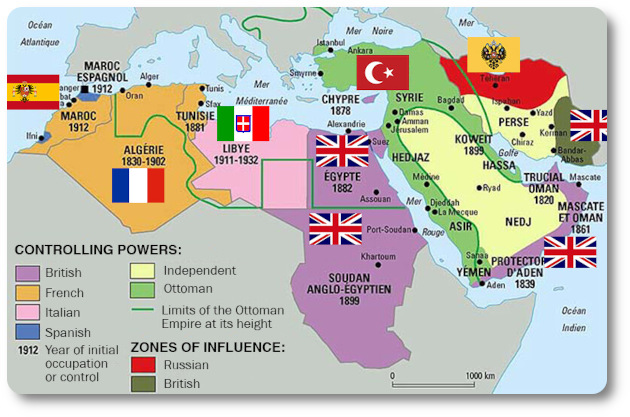Qamoosi – A Multilingual Legal Dictionary
Fayçal Alami Hassani [at] GlobalTech Translations
@gnufcl@fosstodon.org Monday, 20. January 2020
This dictionary should rather be called a “Multilingual Legal Dictionary with region-specific Terms for the Arab World”. Now, I admit that this is a rather long title for an online resource, hence my choice for a shorter one. However, for reasons of accuracy, I would stick to the longer version, because it reflects best the purpose of this project. The word “Qamoosi” means “My Dictionary” in Arabic.
Why?
You may be asking yourself:
Why should I add this glossary to my bookmark list?
The following lines try to answer this question:
The legal terminology used in the Arabic-speaking countries may occasionally differ as a result of divergent legal and cultural traditions in each specific region and each different country.
In fact, the Arabic countries underwent diverse evolutions according to their political history and colonial (or protectorate) experience. This diversity is also reflected in the judicial structure and the legal terminology used in the said countries. Thus, the terms encountered in the Maghreb region may sometimes differ from those employed in the Middle-East.

What?
What kind of terms should you expect in the present glossary?
Consider, for example, the German term “Geschäftsstelle”, which refers to the “Court Registry” in English and “Greffe du tribunal” in French. This term has multiple Arabic translations that vary according to the target region or country:
# قلم المحكمة in Lebanon
# كتابة الضبط in Morocco and Algeria
# ديوان المحكمة in Syria
# قلم الكُتّاب in the United Arab Emirates
# كتابة المحكمة in Tunisia
In the same line, the German term “Heiratsregister”, which corresponds to “Marriage register” in English and “Registre des mariages” in French, also has different valid translations:
# كناش الأنكحة in Morocco
# سجل واقعات الزواج in Yemen and Egypt
There are also cases where a term may reflect a local reality that is tied to the administrative structure of a single Arab country. This applies for example to the Arabic term “مقدم” (Moqadem), which designates an agent of the local authorities in Morocco. Since the term describes a concept that does not exist in the organizational structure of other countries, the only viable solution here would be to transliterate the term and provide a short description in:
# English: Moqadem - a representative of the Moroccan Ministry of Interior at the sub-communal level.
# German: Mokadem - Bediensteter des Innenministeriums in Marokko ohne Beamtenstatus, der die Funktion eines Ortsvorstehers wahrnimmt.
# French: Moqadem - auxiliaire de l'autorité locale au Maroc.
A last example to illustrate the diversity of the legal terminology in the Arab world is the term “مختار” (Mukhtar), which is exclusively used in the territories that were under Ottoman rule. This term, which refers to an elected village chief, can still be found in some countries such as Lebanon and Syria. In this case, too, a possible solution would be to transliterate the term and provide a short description in:
# English: Mukhtar - Head of an Arab village or district in the Levant area.
# German: Mukhtar - Ortsvorsteher eines Dorfes bzw. einer Ortschaft im Levante-Gebiet.
# French: Moukhtar - Maire d'un village dans les pays du Levant.
This glossary aims at providing the relevant terminology whenever such differences arise.
Where?
Where do I find the glossary? Just click on the following link:
https://qamoosi.net/
For the sake of briefness, this overview does not cover the technical underpinnings of the glossary implementation. Work is still in progress in order to improve the project's design. The number of entries will gradually increase over time. If you have any suggestions, you can simply drop me an e-mail at: alami[at]globaltech-translations[dot]com